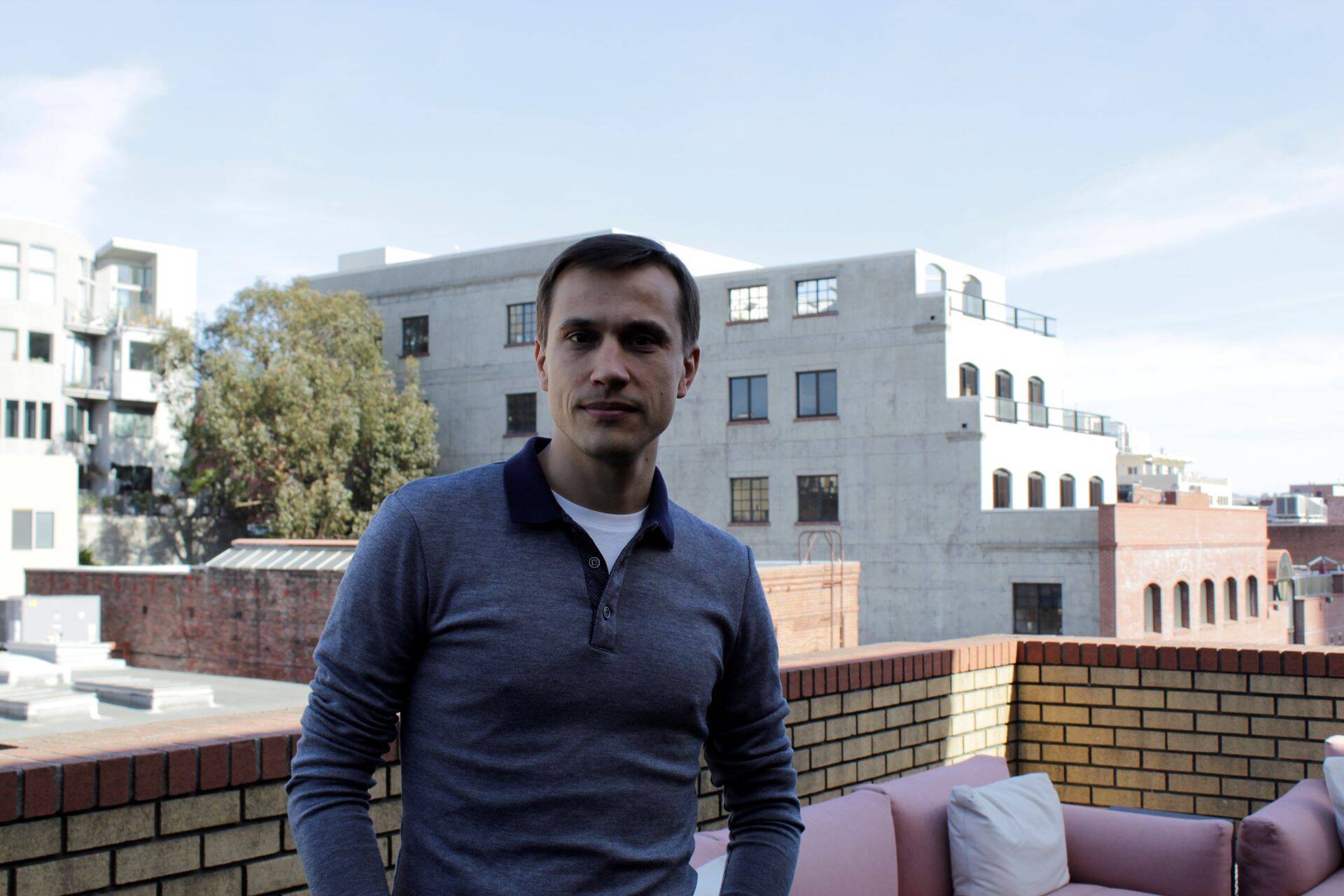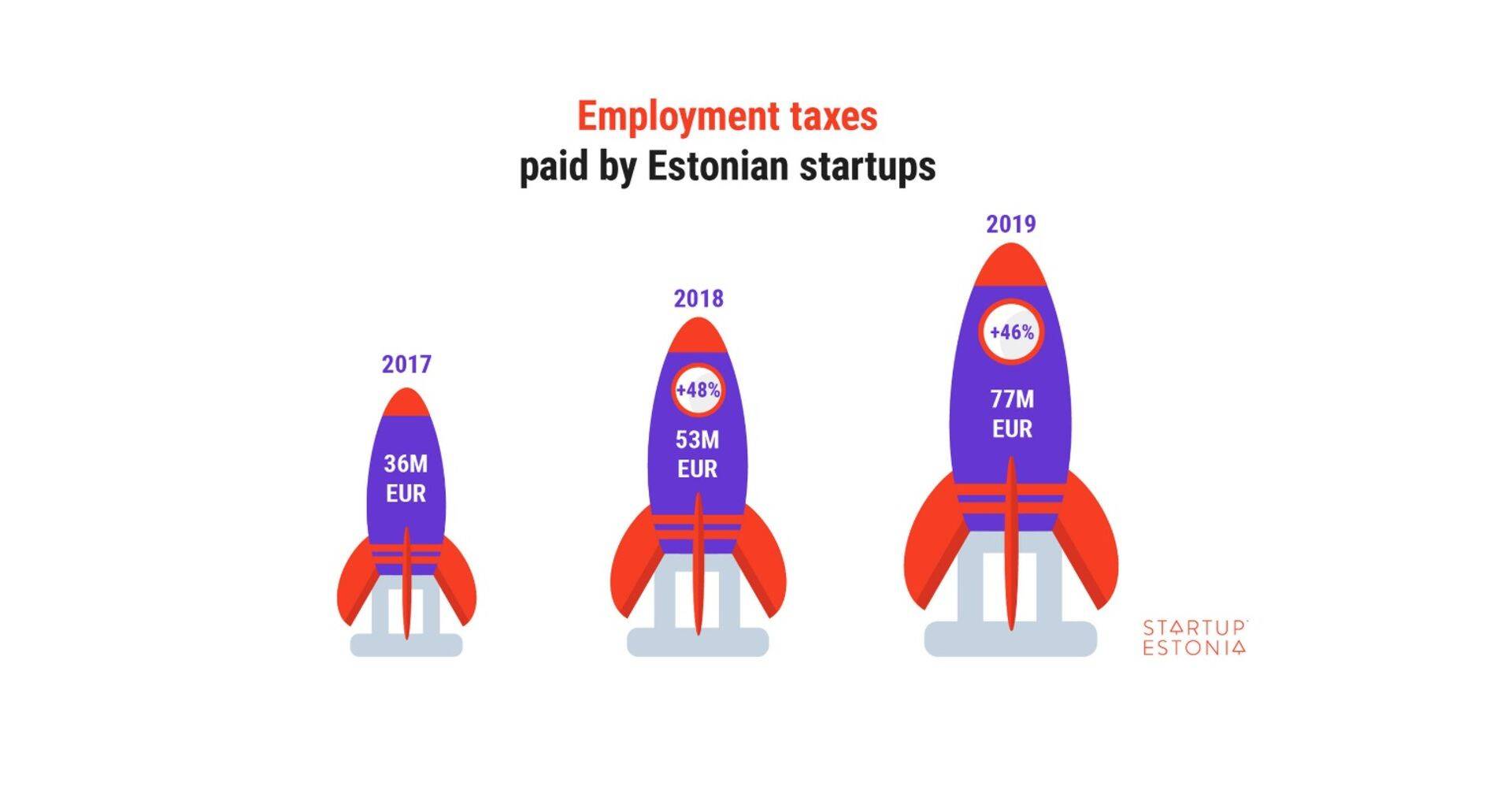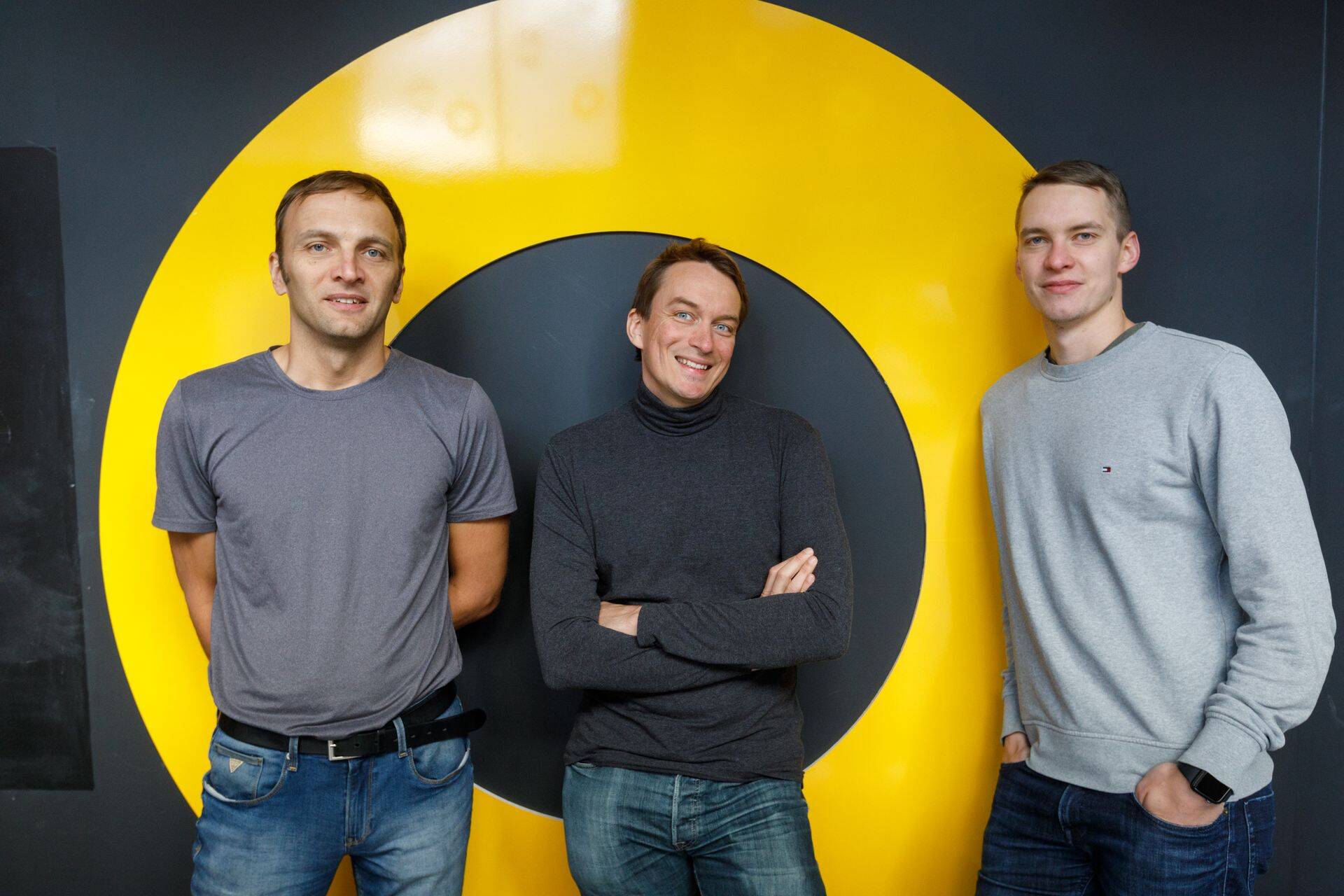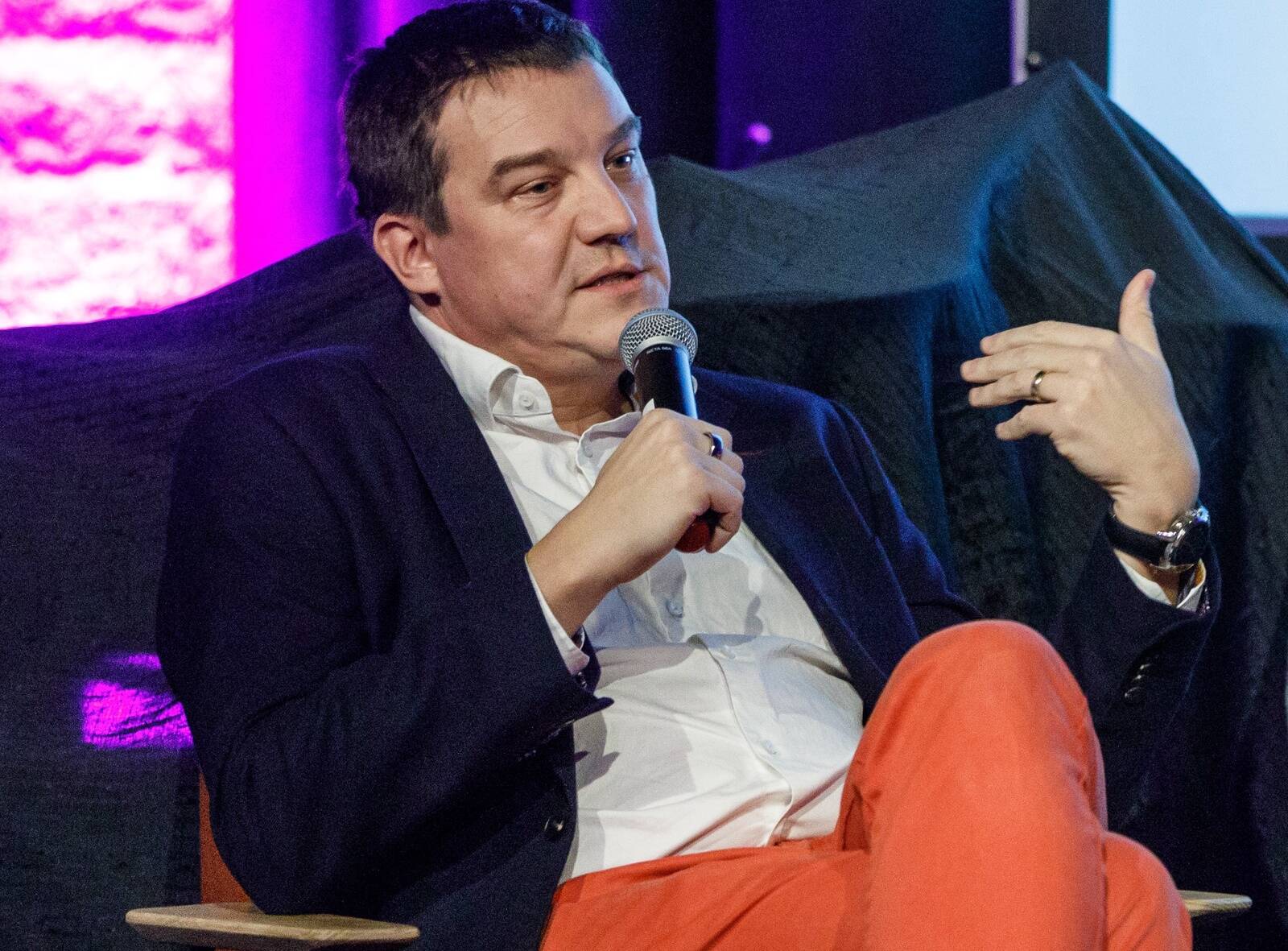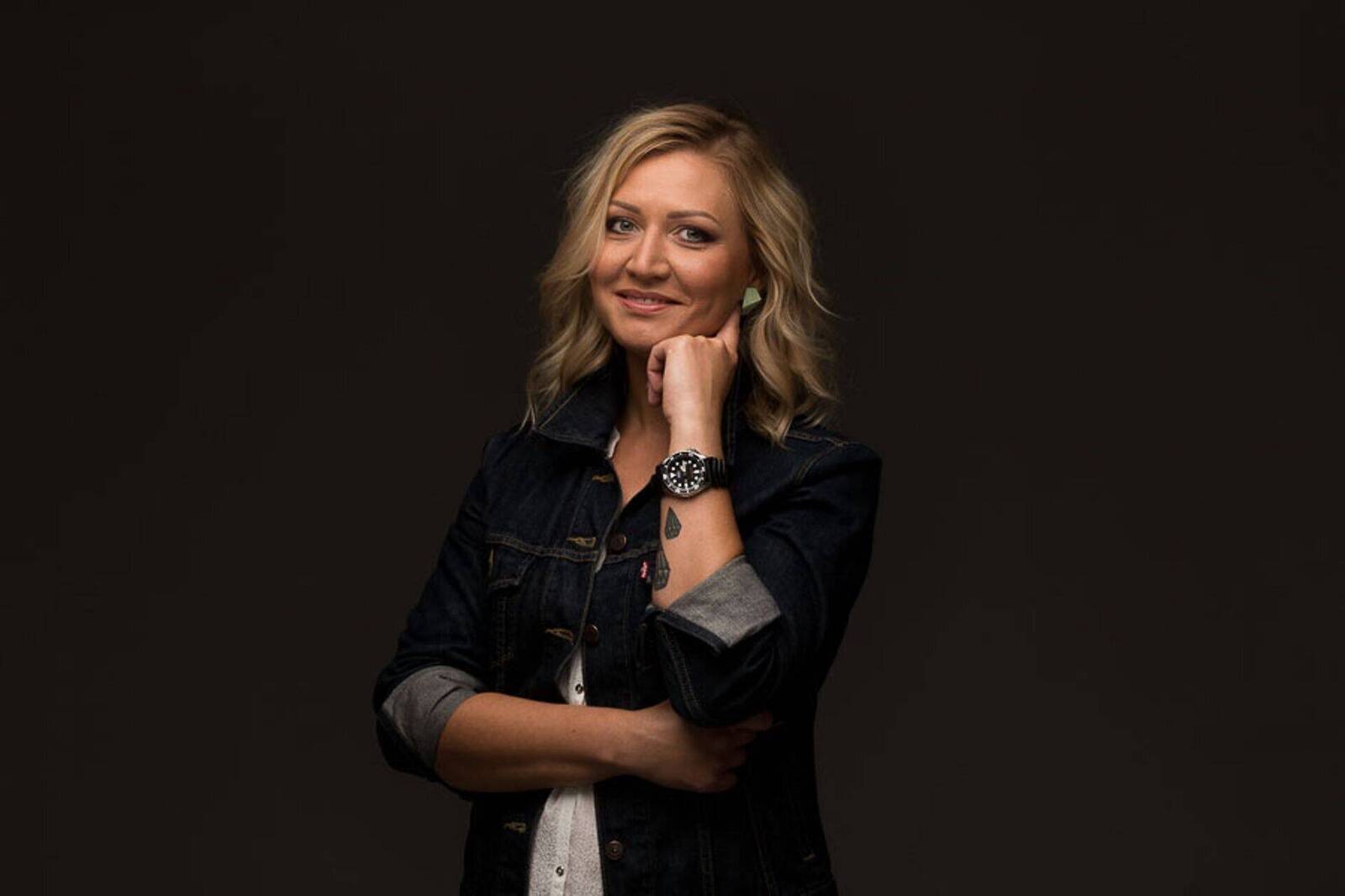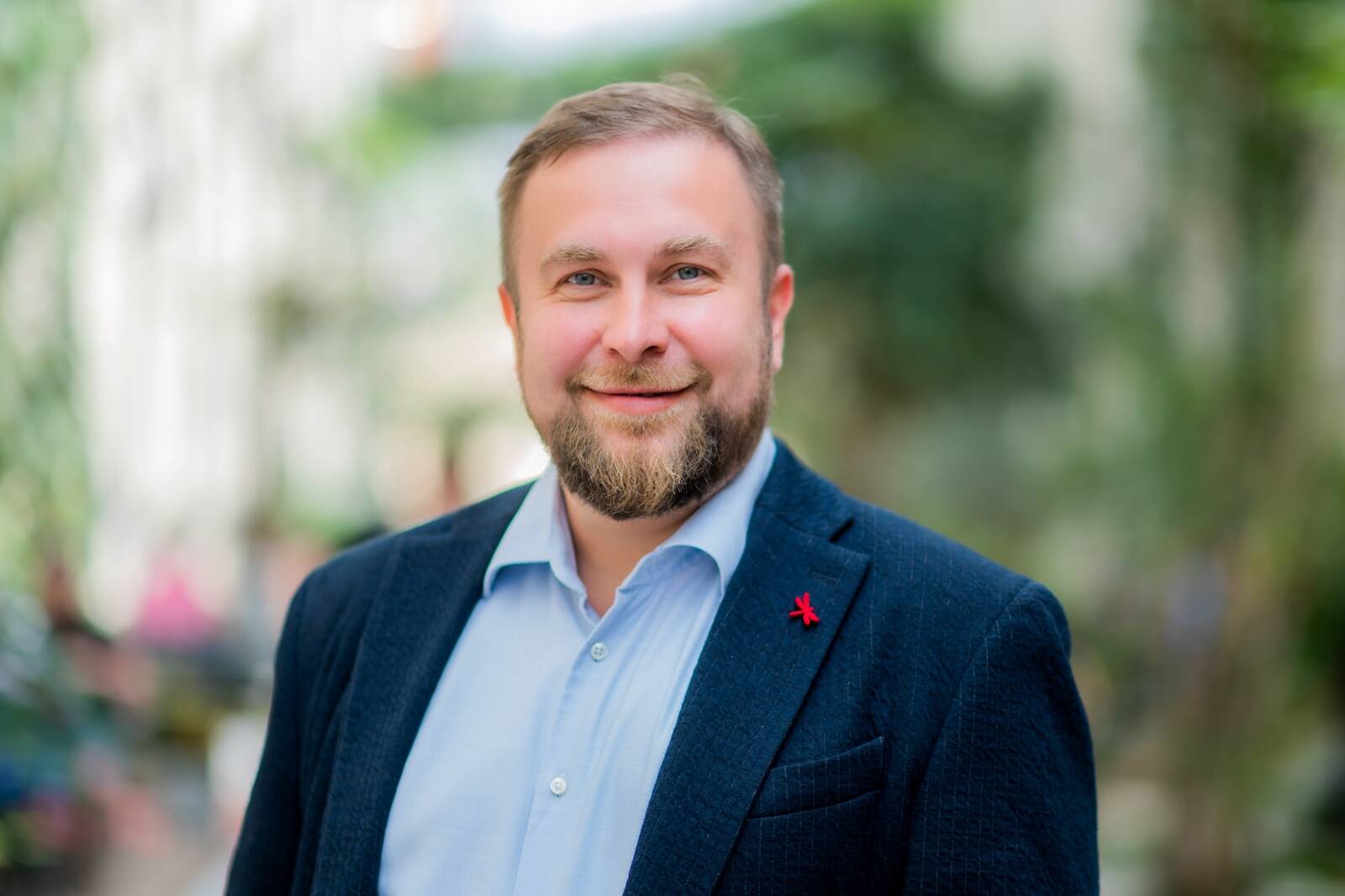- aripaev.ee
- ituudised.ee
- bestmarketing.ee
- kestlikkusuudised.ee
- kaubandus.ee
- finantsuudised.ee
- palgauudised.ee
- personaliuudised.ee
- raamatupidaja.ee
- toostusuudised.ee
- logistikauudised.ee
- ehitusuudised.ee
- kinnisvarauudised.ee
- pollumajandus.ee
- mu.ee
- virtuaalkliinik.ee
- imelineteadus.ee
- imelineajalugu.ee
- laanevirumaauudised.ee
- dv.ee
Rainer Sternfeld: Estonia's Advantage is Technical Skills
In Silicon Valley as well as globally, Estonian start-ups can rely on their technical knowledge. However, they may find themselves at a loss in terms of marketing skills, said Rainer Sternfeld, a start-up entrepreneur with years of Silicon Valley experience, who recently returned to Estonia.
„We have the technical capabilities, but we don't know how to market ourselves,“ said Sternfeld in the radio broadcast „Äripäeva fookuses“. According to Sternfeld's opinion, the opposite situation would be much worse, that is, if we were good at presenting ourselves to the world, but what we presented did not correspond to our actual skills. „If we sold air and we did not have the requisite technical skills, this would not take us very far. You can find many such charlatans in Silicon Valley,“ he spoke from experience.
This interview is a translated summary of a radio interview to Äripäev with Rainer Sternfeld at StartupDay 2020 in Tartu.
You gave a talk on sTARTUp Day, and you spoke about reconfiguring your business. You said that one of the early lessons you learned was that what you do is not as important as how you do it. That is, one should do things well. Why is this important?
I arrived at that conclusion while I was in Silicon Valley, working with some really good people. They are not the ones who give you an answer to all the questions right there on the spot. One of my professors once said that he doesn't have the answers to all the questions and that if you want answers in two minutes, you should go to the corner liquor store. What is important is finding real solutions to problems; the best people in Silicon Valley focus on their craft. How you think is much more important than what you think and this is how successful entrepreneurs differ from the unsuccessful ones.
Since I became an investor, I have made many mistakes, some of them painful, but I learned a lot. You start understanding only afterwards where you went wrong, did things too fast or jumped into conclusions. A startup is constantly in a state of failing, until it finds the model that works.
Edison was once asked, what it feels like to fail for 10 000 times. He answered that instead he found 10 000 ways of how it doesn't work.
You need to have a methodology for all the chaos and it doesn't only apply for business, but also sculptors, journalists and others. It is a known fact already for centuries, but people tend to forget it when they start building companies.
The advantage of Estonian start-ups is that there is less noise. But sometimes we want to get from A to B too quickly. Successful Estonian companies have a playbook on how to experiment, how to find out what works and what doesn't. It's a lot to learn from.
Can you give us a practical example to explain why it is important to think things through in depth?
Often it is a matter of how much financing you have. In our portfolio in Nordic Ninja venture capital fund we have a company named Einride, founded by former Volvo engineers who developed self-driving cars. Their experiments are expensive. You have to build, drive thousands of kilometres and test different algorithms and safety scenarios. In order to move to the next level, you have to go through the critical links.
It is vital to think things through, because Einride can afford only 3-4 experiments, which means they have to focus on the architecture of those experiments. Otherwise the money would simply burn out.
However, if the price of making a mistake is not too high, then a competitor will show up who has the same amount of time but who is more careful. Bolt is a good example: the way they think about their business economics, how to make rides more profitable, how the algorithm works. There is more room to make mistakes, but you can't go far if you are careless. Compared to Uber, Bolt had fewer opportunites 3-4 years ago, today there are more, but Bolt still continues to be very cautious.
If you enter a business that has been on the market for a long time, and their profits have been marginal, you can only compete with a faster and cheaper business.
A start-up must be prepared to admit to not knowing it all. You need to be innovative. If you enter an existing business sector, you can only compete with speed and profit margins. The goal is to find out the ways that are not working in existing businesses that pull the margins down.
Investors shouldn't assume that seed phase start-ups have a solid plan. They should rather evaluate how the team thinks and intends to get from A to B.
How can a potential investor recognise a good product offered by a start-up?
This requires quite extensive experience. Investors are focused on certain areas and, even within a narrow field, it is often true that innovative ideas start from strange things.
The innovation of business models is based on the psychology of motivation and competitiveness. In order to evaluate technological innovation you need to have field expertise.
You give advice to start-ups: what are the questions you are most frequently asked?
I have two main roles. In Nordic Ninja I am the managing partner which takes 90-95% of my time. The rest goes to Superangel where I work with early-stage startups outside of Estonia.
In this phase I help people in the area of data markets and data exchange, as well as data security. Also climate-related issues are very important to me.
In the early stages it is very easy to go fast and make mistakes. But the cost of a mistake in that phase is smaller and it is cheaper to correct it.
As investors we have a heavy responsibility. With our money we vote for a society that we want to see manifesting itself.
Businesses that have done many mistakes will not reach growth-stage, which is the focus of Nordic Ninja, where you need to have a solid business model and the way to solve a technological problem. Those who prevail are those who have done the basic things right.
In the growth-stage, which is the focus of Nordic Ninja, you need to have a solid business model and you need to know how to solve a technological problem. From that point onward the main topics are how to grow and manage the company. At that stage I prepare Nordic and Baltic start-ups for the next step. Then the price of a mistake is much higher and it becomes more and more difficult to change things later.
You mentioned the climate. Where is the world going?
There are many megatrends that people are following. These should be distinguished from smaller immediate issues. Climate is a long-term horizontal issue. For example, the credit rating agency Moody's bought a Californian company 427 that determines the climate impact of public companies. If climate impact is included as a factor in credit ratings it will affect the decisions of the investors of our generation.
Another large-scale issue is artificial intelligence. When we develop machine learning then we also need to figure out the legislative side and what is the role of legislators who are often reactive, not proactive agents. They lack the competence to keep up with the developments but legislation and technology need to work together. As investors we have a heavy responsibility. With our money we vote for a society that we want to see manifesting itself.
Today there are a lot of intertwined factors: climate, AI, general ethics, the gap between the rich and the poor. However, poverty is declining in the world. It doesn't matter how you create value, as long as it does not come at the expense of getting along with one another. We don't need more technology at any price.
We also have to think thoroughly about the consequences of technological development. The more technology we have in our lives, the more responsibility lies on the creators of that technology.
There was an interesting idea in the futurist James Martin's book "The Meaning of the 21st Century". In the 20th century people learnt to invent and create and the 21st century will be about governing the new technologies.
Today, investors are more selective than ever. Even if there is a lot of cheap money going around and it is much easier to get an invstment than it was 10 years ago when we started.
The decade we are entering will be fundamentally different from the previous one.
You emphasised technology and investors. But there are also the people who use that technology: we are living in a time of abundance and our choices are damaging us and our environment. Do you see signs of a breaking point here?
Yes, today algorithms direct our behaviour. On the basis of available information, it is possible to figure out how to influence people's psychology.
With respect to the creators of innovative technology, in my view they do not have less of a responsibility than those who built a crane whose operator ended up falling from it.
I believe in grassroot changes. Even if Facebook and Twitter direct our information consumption and divide the societies then in general they still connect people. The availability of information is good.
But people's ability to filter information is not good. We need to communicate more. Our media consumption nowadays is very superficial
What will be your greatest challenge or topic for the next twelve months?
One topic that has caught my interest is the aging of society. Approaching this topic should not be limited to retirement homes. There is a larger architecture involved, like how we construct buildings, what is important and what less so. It is a large market, which is not limited to a certain space with a bed and a bookshelf. There are more services there than there are atoms and physical objects.
Today we have to consider that if in the past people were designed to live 38 years, they soon will live to the age of 138.
...
FoundME is inviting you on board of a weekly newsletter that will bring you the news and opinion stories from the Estonian startup scene. - Subscribe to FoundME newsletter HERE!
Seotud lood
Sõidukit parkima asudes on kõikide autojuhtide soov see, et protsess võimalikult kiire, mugav ja lihtne oleks. EuroParki äpi lepinguline teenus just selline ongi – see optimeerib ettevõtte parkimisprotsesse, säästab aega ning ressursse.
Enimloetud
Viimased uudised
Hetkel kuum
Liitu uudiskirjaga
Telli uudiskiri ning saad oma postkasti päeva olulisemad uudised.
Tagasi FoundMe esilehele
